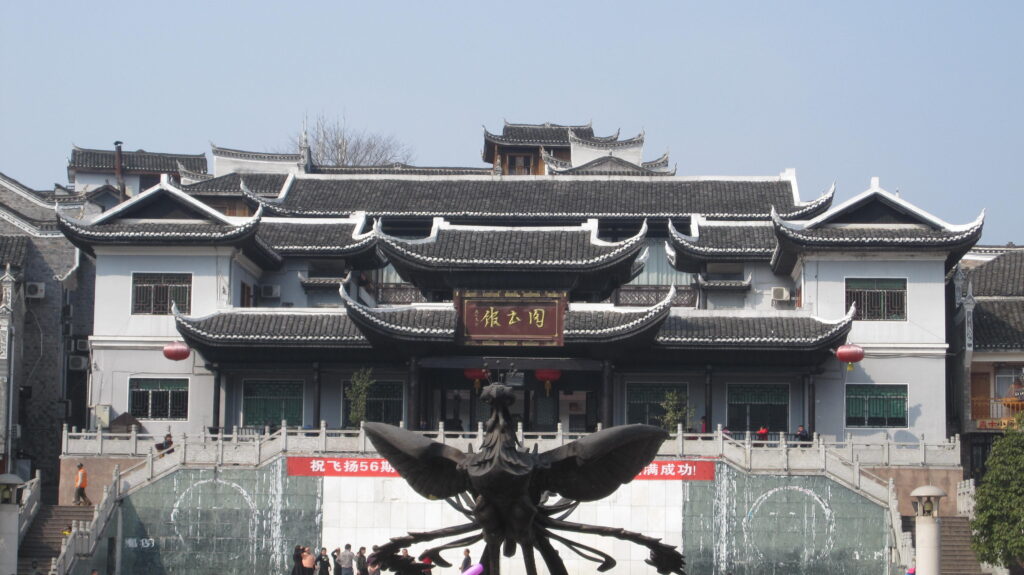I lived in China from 2014 to 2016. During this time, I lived in a middle-tier city called Xiangyang (in central Hubei province). I taught English as a Foreign Language, working first in private language schools and later at my local university. While in China, I travelled around the country, learned to speak Mandarin and even got married. I had an amazing time in China. It’s an incredible country with a rich cultural heritage. The people are friendly and the food is delicious.
Read more: Life in China: An A-Z guideWhen I first moved to China, I was struck by how little I knew about the country. We just don’t learn about Chinese history or culture in our schools. This seems strange to me, given the growing numbers of Chinese-speakers who choose to relocate to UK. I wrote this article back in 2016 in an attempt to introduce people to the culture. Please remember that cultures exist in a state of flux; China’s customs and social norms are changing. However, I feel that the fundamental elements of Chinese culture have not changed since I lived there. Please also remember that I lived in a single city within China. It’s a vast place.
(Alongside the information presented here, I have included some photos that I took from my time in China.)
1. Alcohol
China has a minimum legal drinking age of 18. My students did not believe me when I told them this, though. This is because the government does not bother to enforce the legal drinking age; there is simply no need. Chinese people (in general) have a healthy attitude towards alcohol and they drink in moderation. For instance, it is common in UK for people to drink alcohol without food to go with it. But Chinese people tend to only drink alcohol to accompany food. Moreover, they tend to only drink as a social activity.
Alcohol has an important place in Chinese culture. Adults drink beer or spirits (usually bai2 jiu3) when they eat out together. It is common in UK to propose a toast to the whole table. But, in China, it is customary to toast the other guests individually. It may be considered rude to drink without proposing a toast first. And it is always rude not to drink after somebody has proposed a toast to you. Be prepared that Chinese people may coerce you into drinking strong alcohol with them.
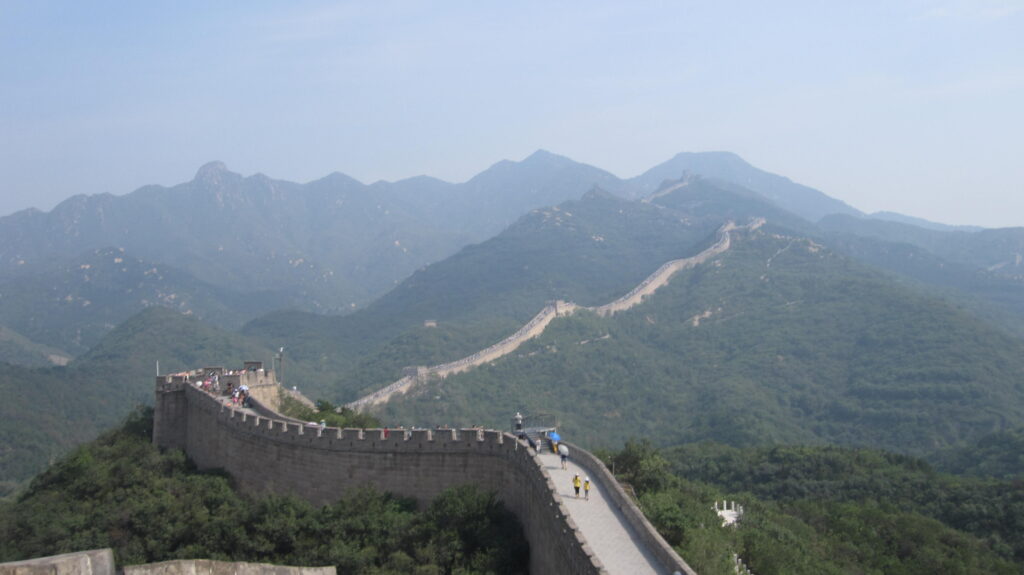
2. Attitudes towards foreigners
I have found the Chinese to be very helpful and welcoming to outsiders. But new visitors to certain (rural) parts of China are likely to attract open-mouthed stares and endless curiosity. Do not forget that Chinese people living in rural towns and villages might never have seen a foreigner before. Moreover, some Chinese people seem to be under the impression that all Westerners are rich and successful. In my case, passers-by only stared because I am white. It just so happens that the Chinese find pale skin attractive.
When I first arrived in China, I found the curiosity to be rather surreal. Chinese people would take photos of me wherever I went. Elderly men and women alike would stare at me transfixed (or, on one occasion, grab hold of my arm to inspect the hairs). I was offered part-time teaching jobs while waiting for the bus. I was invited to many events that turned out to be promotional opportunities. At first, I enjoyed this kind of attention. After a while, however, it became rather annoying. The interest is only superficial; you must be careful that you don’t get exploited.
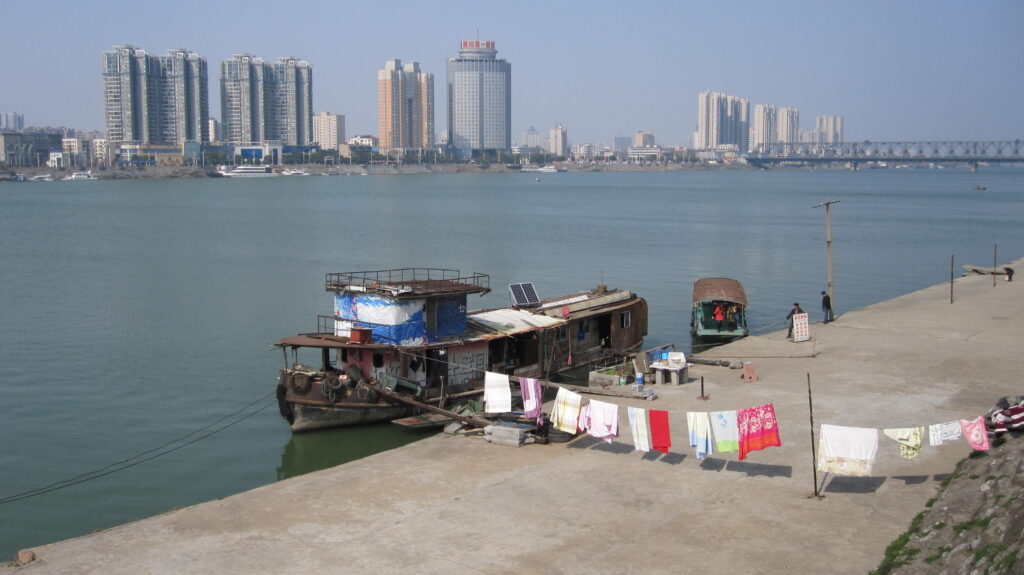
3. Dating
In China, young people start to date at a later age than their Western counterparts do. I think this is for two reasons. First, it’s because High School students are simply not allowed to have boyfriends or girlfriends. Second, it might also be because Chinese society is not as hyper-sexualized as our Western society is. For example, Sex Education is almost non-existent in China. Chinese young people take dating seriously (i.e. they date with intent). Many Chinese people from rural towns and villages are told to be wary of the dangers caused by the excesses of the West.
Matchmakingis a common pastime in China. Parents, grandparents and even non-family members take a keen interest in playing matchmaker to the younger generation. For this reason, blind dates are still very common in China. In many cases, the woman speaks to the man’s family in advance (i.e. before she even meets the man in question). Online dating is (slowly) becoming more acceptable. No matter how the couple meets, it is the man who pays for everything (meals, cinema tickets, clothes…).
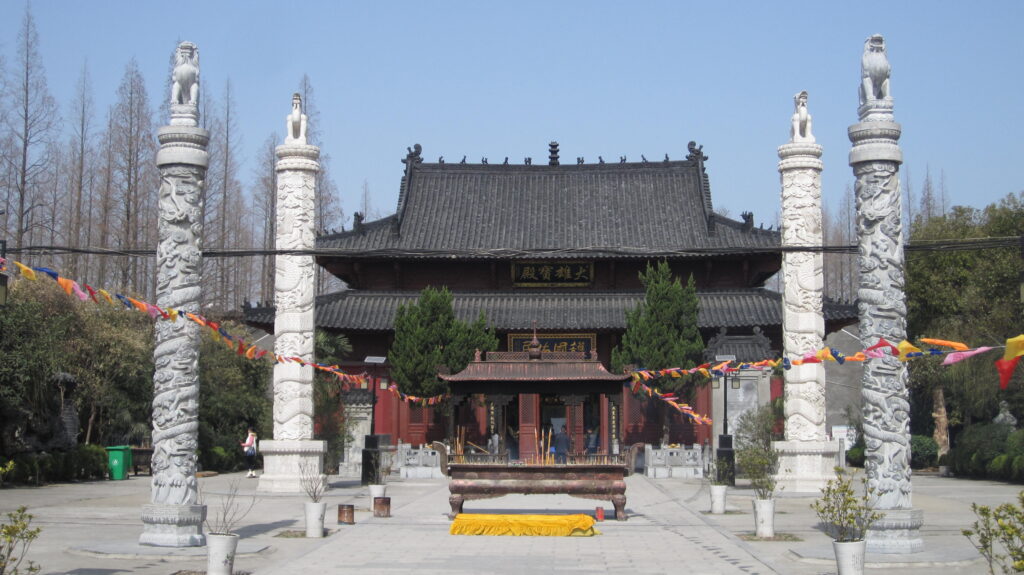
4. Eating out
There are (at least) three options for eating out in China: (i) street food, (ii) hole-in-the-wall restaurants and (iii) family-style dining. The first option is the cheapest. There are many food stalls in Chinese cities, especially in the evenings. Vendors sell familiar food (i.e. barbeque skewers and roasted chestnuts) as well as unfamiliar food (e.g. caramelized hawthorn and steamed buns). You may be concerned about hygiene and food poisoning. This is no excuse to miss out; just buy food from the most popular food stalls.
The second option is also surprisingly cheap. Hole-in-the-wall restaurants are small, family-run places that often serve a limited menu. Some of them specialize in noodles; others specialize in dumplings, and so on. The third option is potentially expensive. The larger restaurants cater for large groups. When you eat out with friends in China, you all eat banquet-style (i.e. all the food is placed at the centre of the table, on a lazy Susan). Moreover, guests never split the bill. The person who makes the initial invitation must foot the bill. His or her friends will (hopefully) repay the favour at a later date.
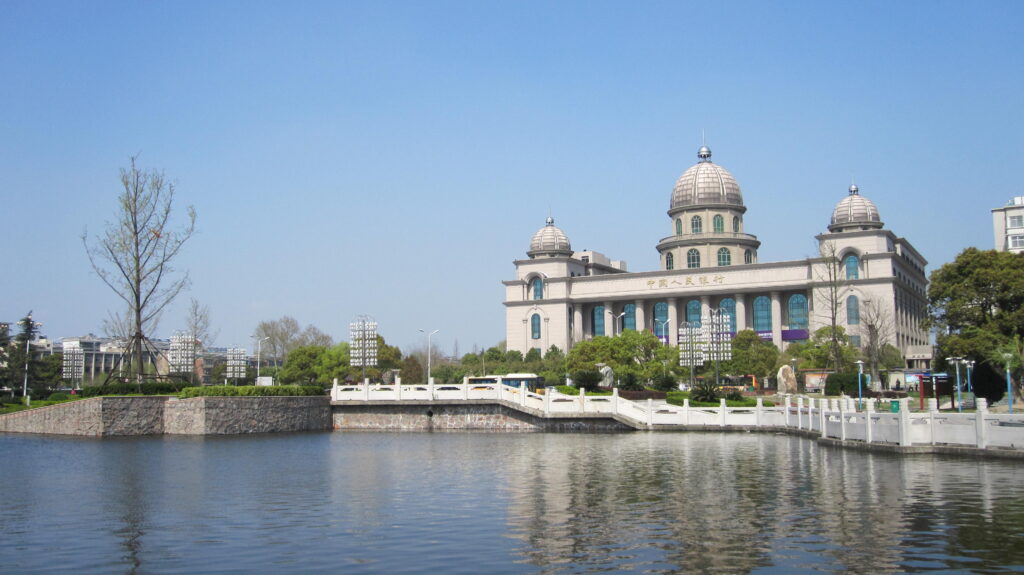
5. Education
Children have the option to attend Kindergarten from age 2 to 5. Children then attend Pre-School from age 5 to 6, Primary School from age 6 to 12 and Middle School from age 12 to 15. Compulsory schooling in China ends at age 15. Children have the option to attend High School from age 15 to 18. High school in China is a preparation for further study and it culminates in the infamous gaokao exam. The gaokao is so important in China that cheating on the exam can result in a 7-year prison sentence. After High School, students can study at college (i.e. 3 years for a certificate) or at university (i.e. 4 years for a degree).
Chinese school pupils are worked much harder than their Western counterparts are. The school day ends in the evening. When they get home, students must complete lots of homework. High School students are not even allowed to have boyfriends and girlfriends. This enables them to put all their effort into preparing for the gaokao exam. The curriculum focusses on facts and does not encourage students to think for themselves. Students learn mostly by rote memorization. There is still a lot of bribery (for school places) and a lot of plagiarism at the university-level.
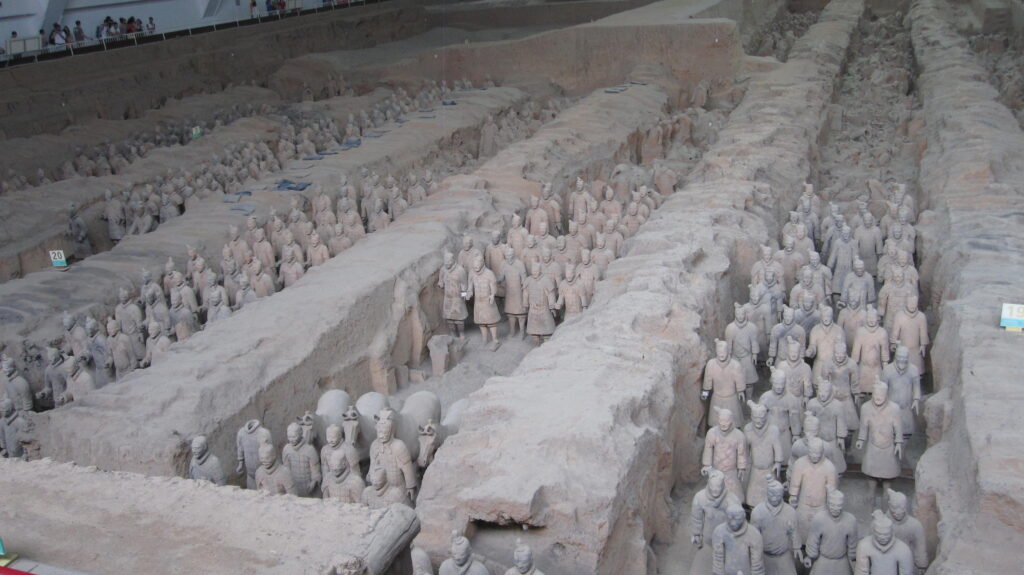
6. Family
The dominant family structure in China is the nuclear (or traditional) family. This is partly because same-sex marriages are not allowed. It is also partly because divorce is a stigma in China. A divorcing couple not only bring shame on themselves; they may also lower their children’s chances of finding a partner later in life. Until recently, the One Child policy meant that parents could only have a single child. If a couple had a second child illegally, they would incur heavy fines and might even have been fired from their jobs.
It is common for Chinese parents not to spend money on themselves (although this is changing). Many parents do not have holidays or buy lots of new clothes etc. Instead, they save every penny to support their children. It’s a good job they do this – since living costs in China (e.g. cars, apartments…) are very high. In return, children show a lot of respect to their parents (the concept of filial piety has always been a pillar of Chinese culture). Parents have a lot of influence when it comes to choosing an ideal husband or wife for their children. Chinese people are responsible for supporting their elders in old age, since there is no social welfare system.

7. Food
The staple foodstuffs in China are rice, wheat and soybeans. Rice is used to make noodles and alcohol; wheat is used to make noodles and dumpling wraps; soybeans are used to make noodles and tofu. For reasons of climate, wheat is more popular in the north of the country, whereas rice is more popular in the south. Potatoes are not a traditional part of Chinese cuisine, although they are becoming more popular. Food in China is surprisingly cheap because it is so abundant.
Famously, the Chinese do not greet each other by asking How are you? Instead, they ask Have you eaten? You will hear this at all times of the day. This common question reflects the importance of food in Chinese culture. Two generations ago, many regions of China were still in poverty. Now, food is abundant in the cities. Moreover, the country is importing more and more food from overseas. The Chinese love food: they love talking about it, cooking it and sharing it. And it’s all delicious.
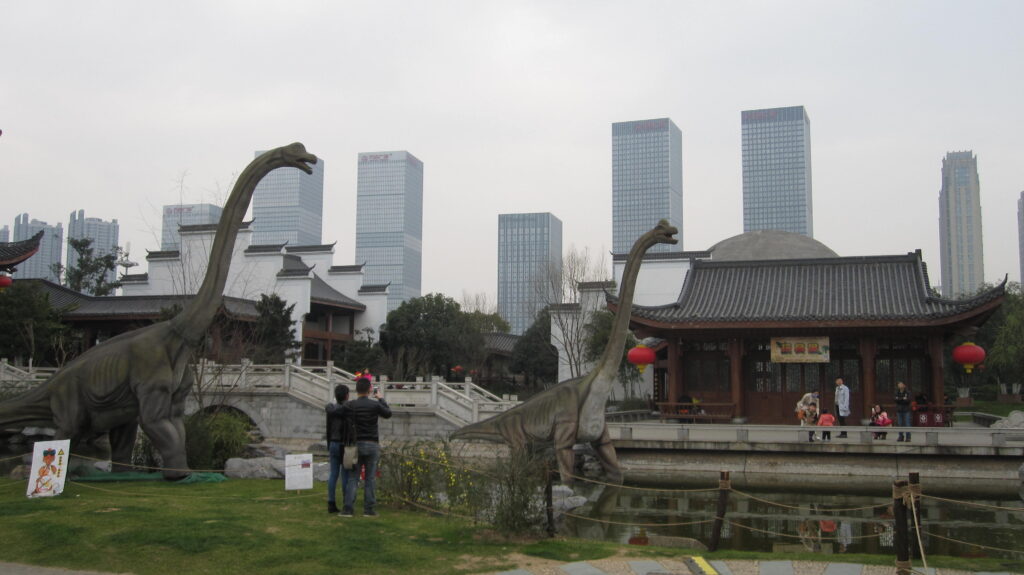
8. Guanxi
Guanxi (guan1 xi5)is an important concept in Chinese culture that literally means relationship. Social circles are close-knit; Chinese people might not help you unless you are a member of the club. Contacts (and possibly even some friendships) seem to exist on the basis of favours given and owed. In practice, guanxi is often a byword for bribery and nepotism – both of which are, unfortunately, rife in China at all levels. This has even prompted a recent anti-corruption crackdown from Chairman Xi.
Bribery is always discreet but can be obvious to spot when you know the signs. For example, Chinese people might invite an official out to dinner or offer him / her a box of expensive cigarettes. Personal connections count for a lot in China; it pays to have friends in high places. For example, the right contacts could admit your child into a prestigious school. I even heard of one case where a teacher successfully bribed his head teacher. He continued to draw a salary despite never teaching any classes.
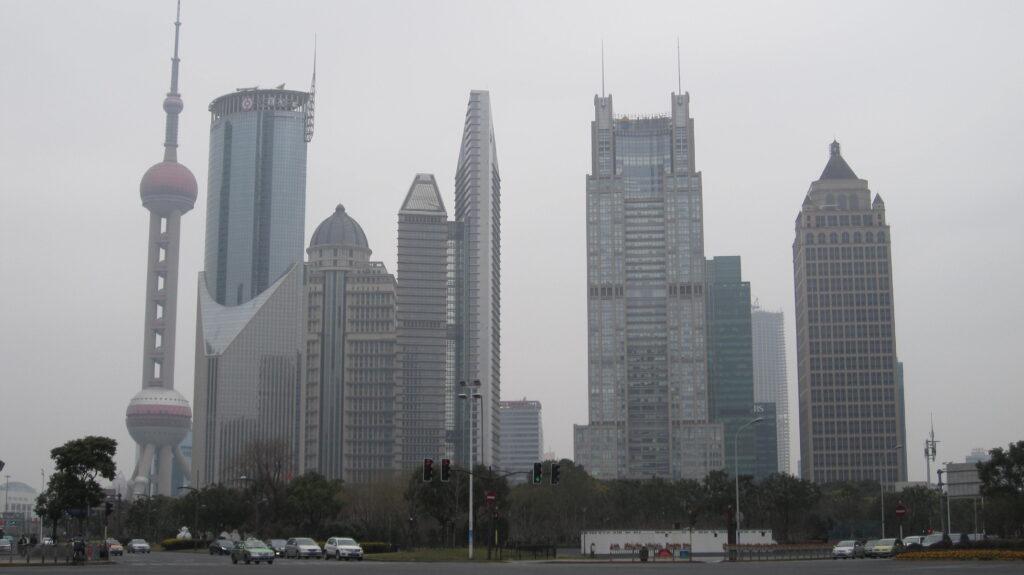
9. Hygiene
The hygiene (or rather lack of it) in China is a main source of culture shock for new arrivals. Chinese people spit on the floor; they blow their noses without tissues and do not use soap to wash their hands. Chinese parents do not buy nappies for their young children, choosing instead to let them urinate and even defecate on the street. New visitors to China quickly learn never to leave coats and bags on the floor for this reason. Moreover, Chinese people throw their litter on the floor or leave it on the table after they finish eating. The rubbish piles up in the street and in train compartments.
The Chinese are quick to point out that some of their apparently unhygienic habits are actually good for you. For example, squat toilets are better for the digestive system than sit-down toilets are. It may be disgusting to blow your nose without a tissue. But the Western habit of blowing into a tissue and retaining it for future use is not exactly hygienic, either. In the UK, we do not throw our rubbish on the floor, but I suspect that this is partly for reasons of appearance. After all, we neither crawl on nor eat off the floor.
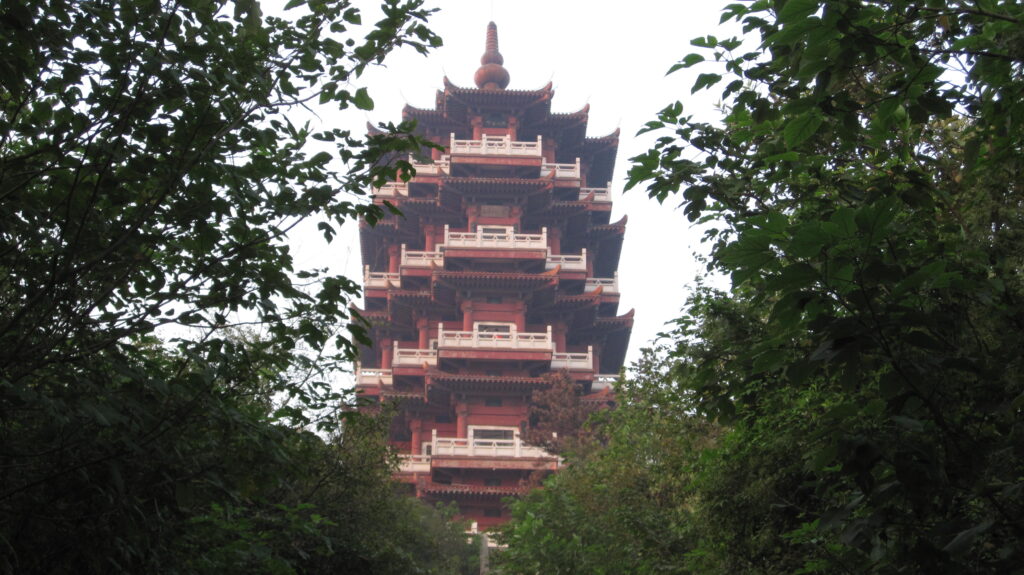
10. Marriage
Not so long ago, arranged marriages were rather common in China. Even today, it is vital for young people to seek their parents’ approval before considering marriage. Chinese parents want to know that their future son-in-law has a respectable job and will be able to provide for his wife. The man might have to buy a car and / or an apartment before he is considered eligible for marriage. The more traditional parents also put emphasis on the man’s looks and / or the social position of his parents.
The lead-up to marriage is very expensive for the husband and his family. The man must present gifts (and often money) as a token of goodwill to the woman’s parents at each visit. In addition, the husband’s family pays for the wedding ceremony in full. In the absence of social welfare, the husband must also take care of his parents and parents-in-law in their old age. Husbands and wives assume traditional gender roles in China: husbands go out to work; wives cook, do the housework and raise the children.

11. Pastimes
Chinese school pupils spend all of their free time completing homework or attending extra classes. But Chinese university students have more free time for sports and other social activities. KTVs are very popular. These are large buildings rather like hotels, with numbered rooms for private parties of karaoke singing. Aside from this, many Chinese people enjoy hiking and playing Mahjong (ma2 jiang4). Others seem to be content wandering around the markets, or just sitting and smoking.
It is very common to see groups of middle-aged or elderly women gathering on street corners for aerobics and dance sessions (referred to affectionately as dancing grannies). This typically happens either early in the morning or late at night. Chinese people are also fond of walking and exercising at the same time. Chinese streets come to life with music and the late-night shopping buzz. I think the Chinese make better use of public spaces than we do in UK. I have seen people hanging their washing out in parks, playing badminton on the pavement or even just singing at top volume without a care in the world.
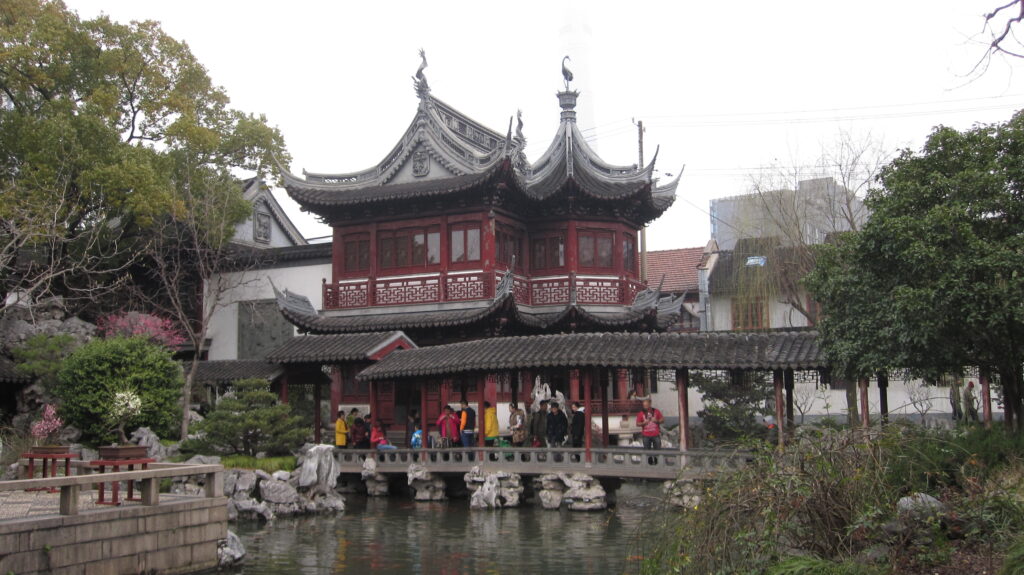
12. Spring Festival
Spring Festival (chun1 jie2) is the most important festival in China. It is essentially the (secular) Chinese equivalent of Christmas. Spring Festival marks the beginning of a new (Lunar calendar) year. The Lunar calendar date changes each year according to the Gregorian calendar (the one we use). Spring Festival has its origins in myth. The story goes that Chinese people wanted to scare away a monster called Nian. To do this, they set off firecrackers and wrote goodwill verses that they affixed to their front doors.
Spring Festival is a time of mass movement of people in China. The Chinese leave the big cities and return to the rural towns and villages where they grew up, or where their parents now live. Everybody heeds the call to return home for Spring Festival, no matter what the distance or inconvenience. It is a time for family reunions – as well as for eating and drinking in front of the TV (just like Christmas). One difference between Spring Festival and Christmas is that children receive red envelopes of money rather than gifts.
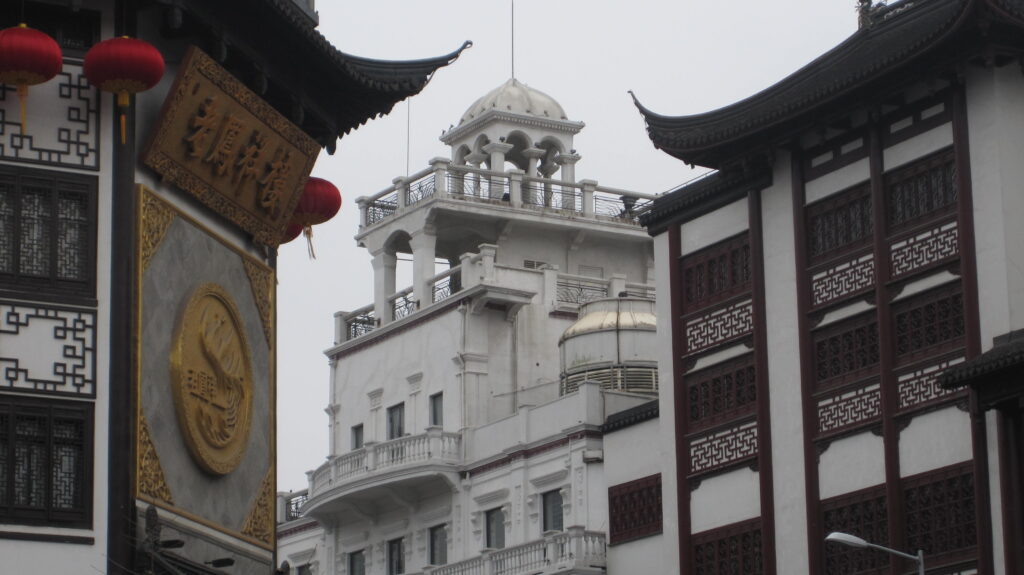
13. Tea
Chinese tea is often served in restaurants (free of charge) as an alternative to boiled water. Green tea (lv4 cha2) and buckwheat tea (qiu2 mai4 cha2) are two of the more common varieties (in Xiangyang, at least). Other varieties include black, red, white and yellow. There are many tea shops in Chinese cities where you can buy every conceivable type of tea.
The Chinese attach great significance to the drinking and preparation of tea. Tea is used in traditional Chinese medicine as well as in Chinese cuisine. Drinking tea is also associated with high culture. There is social significance, too. Young people may offer their elders a cup of tea as a sign of respect (this forms part of traditional wedding ceremonies). It is still possible to visit a traditional tea house and to witness a tea ceremony.
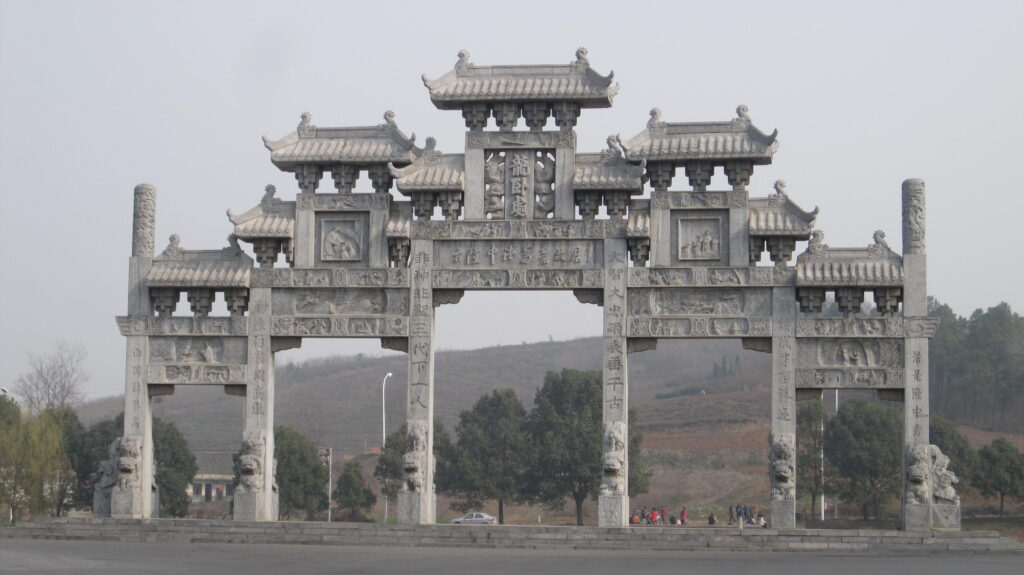
14. Transport
Chinese people tend to travel across the country by train and some journeys can last up to 24 hours. The trains are especially crowded near Spring Festival; often, only standing room tickets are available. There are four ticket types: (i) hard seat, (ii) soft seat, (iii) hard sleeper and (iv) soft sleeper. Hard sleepers are bunks that are arranged three on a side. There is not much space and there are no doors for the compartments. Soft sleepers are bunks that are arranged two on a side. There is more space and there is a compartment door. Coaches and sleeper coaches provide an alternative to rail travel.
Imported cars in China are very expensive and yet they remain popular (especially SUVs). A car is a status symbol in China that is often a prerequisite for marriage. Major cities in China have well-developed public transport. The buses are cheap and appear every 5 minutes or so. Moreover, many cities (e.g. Beijing, Shanghai and Wuhan) have clean and modern subway networks. In spite of all this, traffic congestion and the resulting air pollution still cause problems in China. Many people choose to wear a facemask when walking outside (long before Covid).
